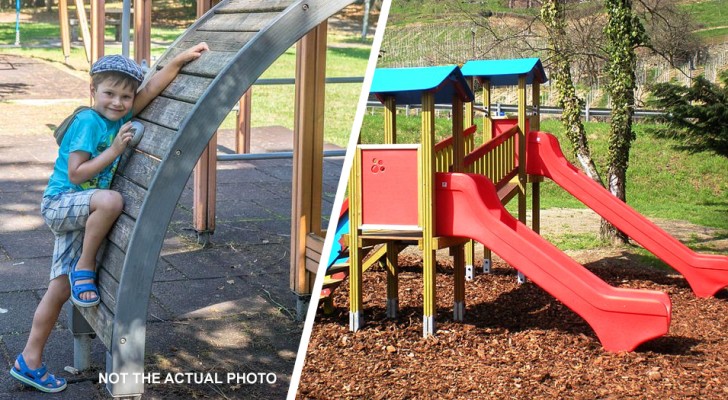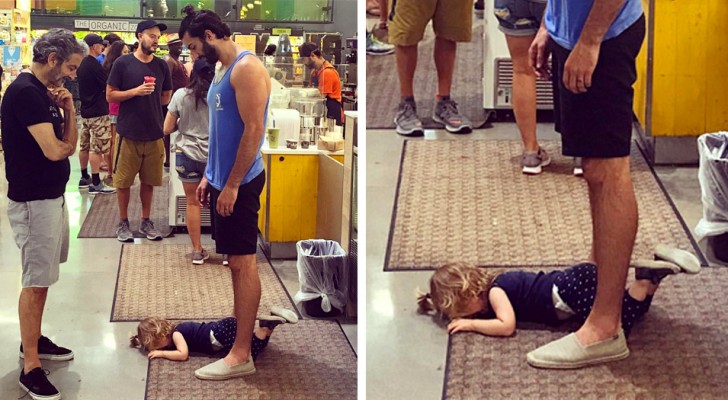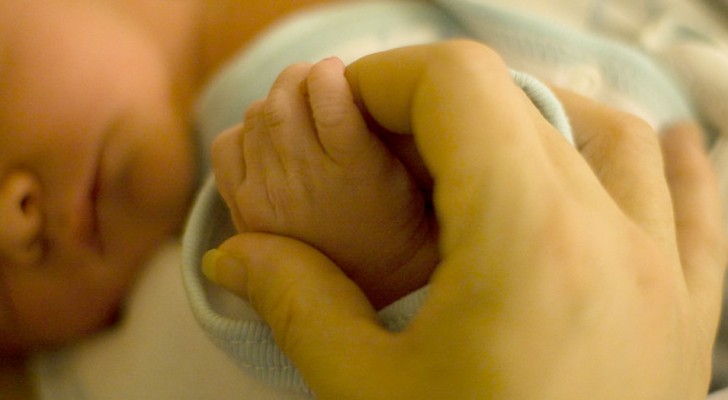Children risk being subjected to the traumas of quarantine more than anyone else: never as now is the role of adults fundamental
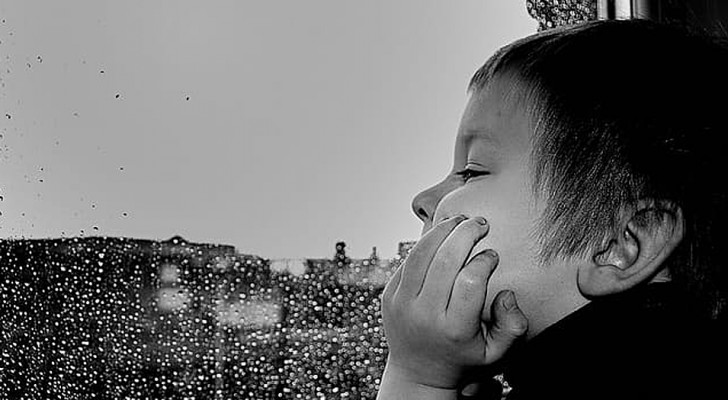
The isolation situation that most of the world is experiencing due to the Coronavirus pandemic is not easy because it limits daily actions and forces us to change habits. Quarantine, in such a delicate moment, is on the one hand a necessary and indispensable measure, but on the other it becomes a condition that, for many people, risks causing serious inconveniences, adding problems to other problems.
While accepting a change may be easier for an adult, it is much more complicated for a child. Closed at home from one day to another, the children of many families have certainly suffered a trauma, which risks making its consequences felt for a long time. For this reason, the worries of parents, educators and teachers are growing all over the world about an ever growing discomfort, of which it is good to be aware and to do our best to make the quarantine of many children less onerous.
via Unicef
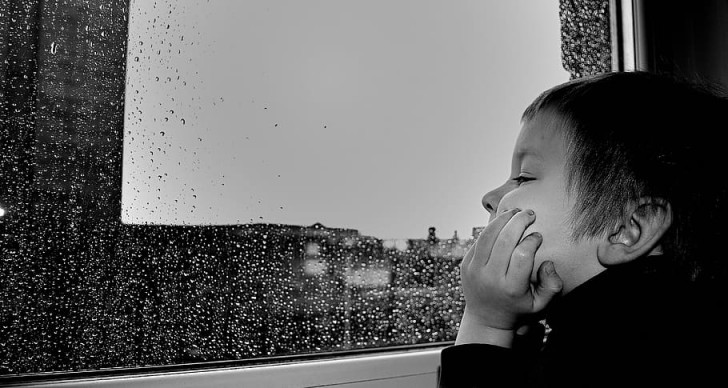
If already for a child in normal health conditions, domestic isolation is difficult, it certainly becomes greater in the many cases of disabled children, with behavioral or developmental disorders, or for those who live in difficult economic situations. There are many cases of complex situations, and it is necessary to take them into account.
Although many parents, at home, try to entertain their little ones in the best way, with activities that can stimulate their creativity, imagination and learning, it is not always so obvious that such efforts produce results. Children and young people risk spending too much time in front of TV screens and electronic devices, to the detriment of their physical and mental health.
Not being able to see friends, teachers, classmates or do sports is a situation that, at least in recent times, no child has ever lived, and that is why we do not know what consequences this will have on their development. Parents and family members who are at home with children these days have the responsibility and duty to help children with all the tools and attitudes possible. It is not easy, of course, but it will serve to not create problems for them which could then affect the future.
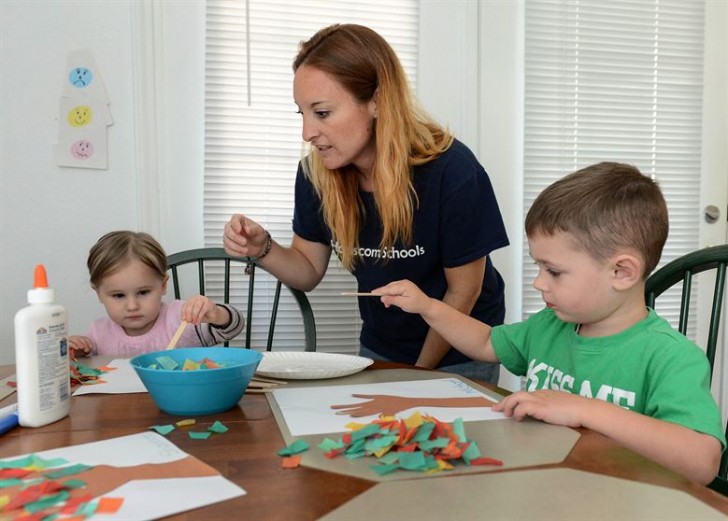
The Italian Society for the Study of Traumatic Stress (SISST), in this regard, advises all adults at home with children to limit as much as possible the time they spend in front of the media, TV or social networks, all tools that can become carriers of negative emotions.
Handcraft activities, to be done together with the older ones, are important for passing time and, although it is not always possible, it is good to try to propose them. The situation relating to the pandemic from Covid-19, then, should be explained clearly to the young, but obviously without exaggerating alarm or catastrophising. Rather, it may be useful to integrate the experience with others already lived or shared, and insist on the need to respect the rules for the good of all.
In addition to what mothers, fathers and other relatives can do, it is important that institutions - and primarily school ones - do their best to involve everyone in the activities to be carried out daily, so that no one feels excluded, different or confused, not even for physical or economic problems.
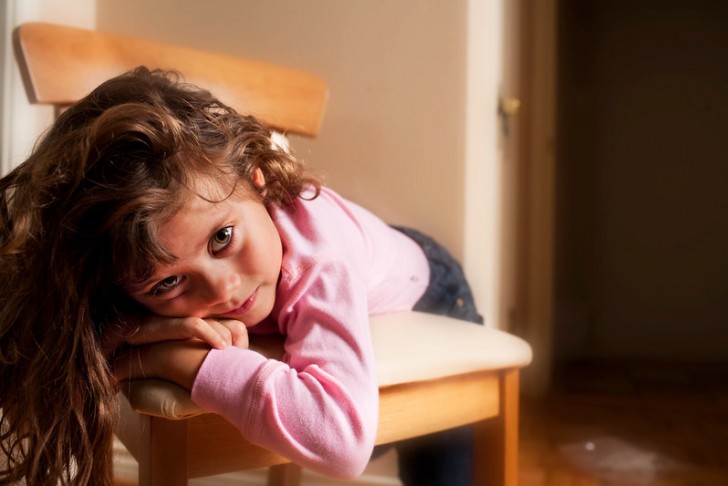
Only with a real commitment from everyone will it be possible to say that the Coronavirus emergency has been better addressed, in the hope that soon, in the streets, schools and parks all over the world, children will be able again to run, to play, to grow.
- https://www.nytimes.com/2020/03/17/parenting/coronavirus-quarantine.html
- https://www.theguardian.com/lifeandstyle/2020/mar/22/family-isolation-guide-for-parents-teenagers-coronavirus-lockdown
- https://www.nytimes.com/2020/03/18/opinion/coronavirus-children.html
- https://www.nytimes.com/2020/03/11/well/family/coronavirus-teenagers-anxiety.html

